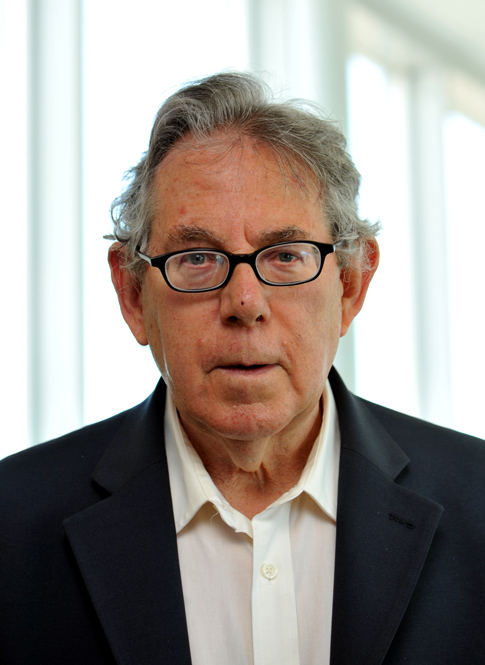By:
- Rob Monroe
Published Date
By:
- Rob Monroe
Share This:
Paul Crutzen, Chemistry, 1995

Paul Crutzen
Paul Crutzen shared the 1995 Nobel Prize in Chemistry with UC San Diego’s Mario Molina and the late F. Sherwood Rowland for their work discovering the damaging effect that use of fertilizers had on Earth’s protective ozone layer. He joined Scripps Institution of Oceanography in 1992.
Following his receipt of the Nobel Prize, Crutzen took part in large-scale studies of Earth’s reflectivity, or albedo, and the effects of aerosols, particularly man-made pollutants. He co-led the groundbreaking INDOEX (Indian Ocean Experiment) field campaign from 1997 to 1999 and the United Nations’ Project ABC (Atmospheric Brown Clouds) with Scripps climate and atmospheric scientist Veerabhadran Ramanathan.
Crutzen’s activities beyond research have also drawn widespread attention, dating back to his 1982 theory of “nuclear winter.” At the apex of Cold War nuclear arms buildup, he suggested that a nuclear war would create a long-term period of planetary darkness and cooling because of the smoke created by fires set during nuclear attacks.
Current Faculty Nobel Laureates
More recently, Crutzen was credited with popularizing the informal term “anthropocene” in reference to the modern geologic era. The term, which he first mentioned in print in 2000, reflects what many see as an era in which human activities have become significant enough to alter climate. In recent years, he has gained notoriety for his work exploring the feasibility and the pros and cons of “geoengineering,” an attempt to offset the damage expected to take place as a result of climate change. Proposed attempts have ranged from accelerating the uptake of carbon dioxide in the atmosphere and oceans to artificially increasing the planet’s cloud cover to increase its albedo and moderate rising temperatures. The concept has been controversial with several scientists arguing that such attempts could have catastrophic unintended consequences.
Crutzen remains an emeritus professor at Scripps and at the Max-Planck-Institute for Chemistry in Mainz, Germany.
Share This:
Stay in the Know
Keep up with all the latest from UC San Diego. Subscribe to the newsletter today.



